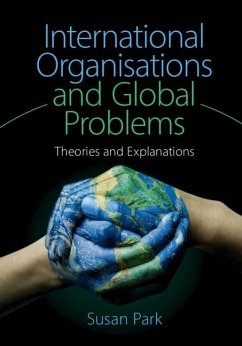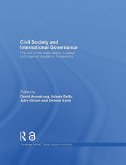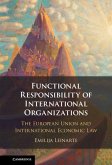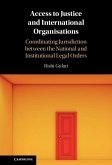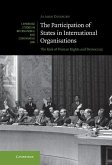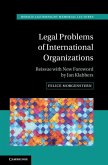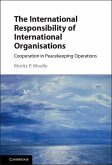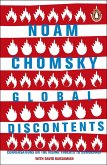International organisations (IOs) are considered fundamental in addressing global problems, but how effective are they? Conflict (war), human rights, global health, financial governance, international trade, regionalisation, development and the environment are all issues that international organisations have been created to address. This book looks at these eight key issue areas and guides the reader through an analysis of the successes and failures of international organisations in solving issues in global politics. With an introduction to international relations theory, it incorporates the best and most up-to-date scholarly research, and applies it to examples from around the world to show how to answer the question, 'Are IOs a help or a hindrance?' This textbook is an essential resource for courses on global governance, international organisations and international relations. Including an expanded further reading list for each global issue, as well as a thorough bibliography of the most up-to-date research, this is a resource that will be useful during study and on into the future.
Dieser Download kann aus rechtlichen Gründen nur mit Rechnungsadresse in A, B, BG, CY, CZ, D, DK, EW, E, FIN, F, GR, HR, H, IRL, I, LT, L, LR, M, NL, PL, P, R, S, SLO, SK ausgeliefert werden.

